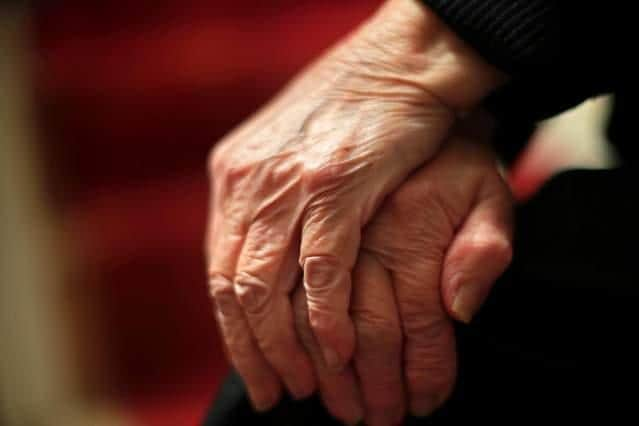Social care crisis having "devastating impact" in North Yorkshire on vulnerable people, report warns
Healthwatch North Yorkshire found the recruitment crisis is placing significant pressure on unpaid carers, mentally, physically, and financially.
And the effects on care home residents and those receving care in the community have also been raised – with people reporting activities and days out have been cut down and being forced to attend hospital appointments without a chaperone.
Advertisement
Hide AdAdvertisement
Hide AdLeaders at Healthwatch surveyed people across the region who need care and their families, as well as staff and managers.


One care manager said: “We have four enquiries for every empty bed, but we can’t accept anyone until we have full staffing.”
“We have empty beds. We are ready to take more people, but we can’t accept anyone when we don’t have the staff. So, we are turning people away. If we can’t resource it, we can’t offer it.”
And another said: “The lack of staff has at times meant that regular activities, socialising, interactions and being part of the wider community have not been possible to cover and support.
Advertisement
Hide AdAdvertisement
Hide Ad"This is having a negative impact on [residents] mental well-being, losing enthusiasm to want to plan and enjoy new experiences.”
Some 52 per cent of respondents to the survey said they or a family member had struggled to access paid for care in the past 12 months.
Increased funding, improved staff pay-scales and training in line with the NHS are part of the solution to the problem, according to Healthwatch.
Ashley Green, Chief Executive Officer at Healthwatch North Yorkshire, said: “The case studies presented in this report reiterate the difficulties the care sector is facing; not least the recruitment and retention of staff due to burnout as well as the detrimental impact on home carers, those being cared for and their families and loved ones.
Advertisement
Hide AdAdvertisement
Hide Ad“Despite the hard work and commitment from those delivering care and who commission services, the significant lack of qualified and available staff is having a devastating impact on the provision of care for those people who most need it most.”
Some 165,000 new staff across the country are needed to plug gaps, according to one leader in the sector.
Mike Padgham, the chair of the Scarborough-based Independent Care Group, said it was a major issue.
He said: “The catastrophic shortage of staff – some 165,000 across the country – is having a devastating impact upon care, harming the country’s ability to look after older and vulnerable people
Advertisement
Hide AdAdvertisement
Hide Ad"That is having a traumatic and detrimental effect on those closest to us, our mothers and fathers, our aunts and uncles, our brothers and sisters and our friends, who are being denied proper care, close to where they live.
“It is pushing many care providers to the brink as they cannot function without the staff they need now, let alone the extra we will need in the future, bearing in mind we will need an extra 480,000 care staff by 2035, to deal with rising demand. Where are they going to come from?”
It comes as vacancies across the NHS in England rose to a new record high with more than 133,000 full-time equivalent posts unfilled, new data shows.
It is the highest number of vacancies in records going back to June 2017, and up 29 per cent year on year from the 103,809 vacancies reported at the end of September 2021 according to NHS Digital.
The Department for Health and Social Care was approached for comment.